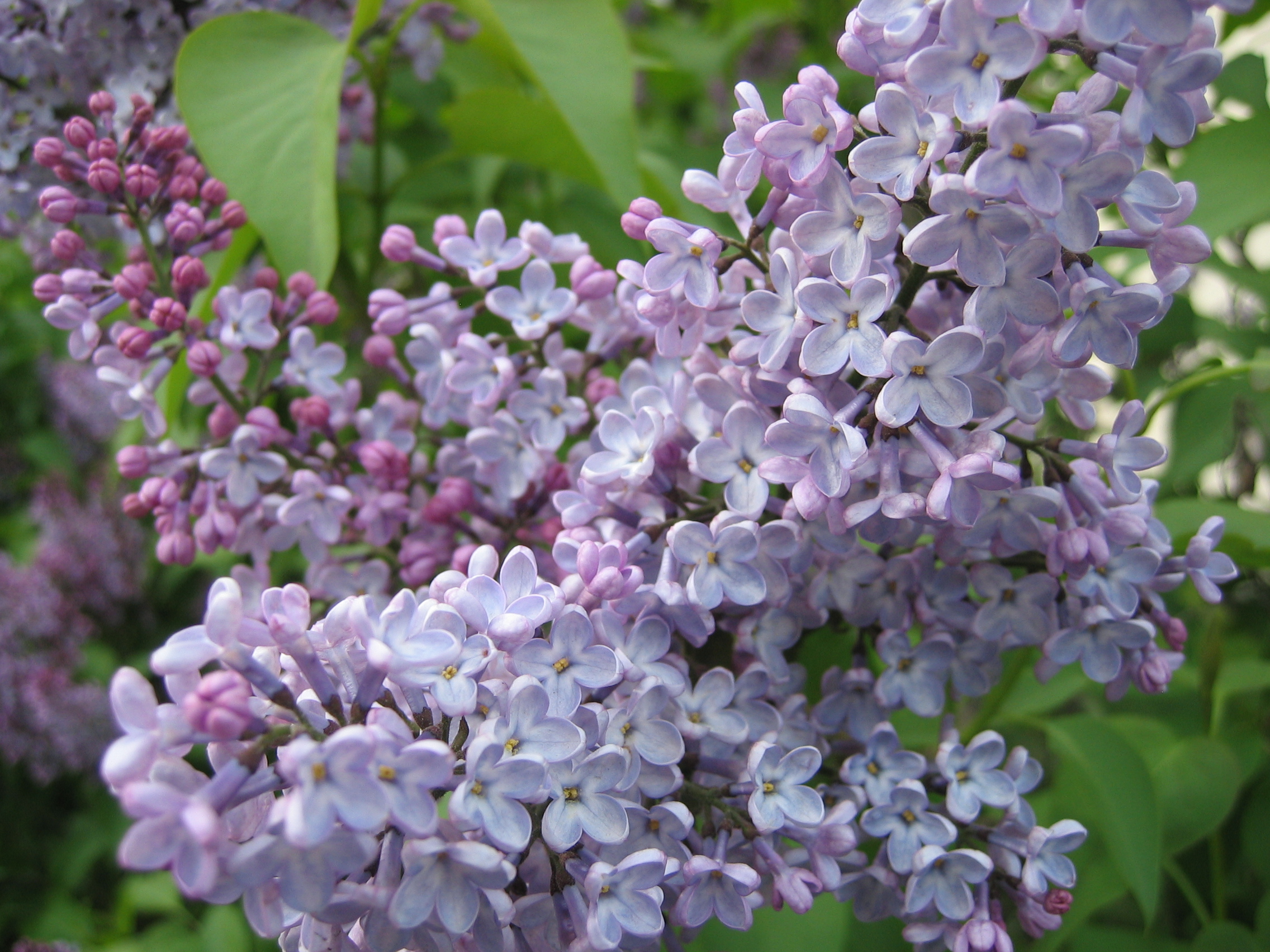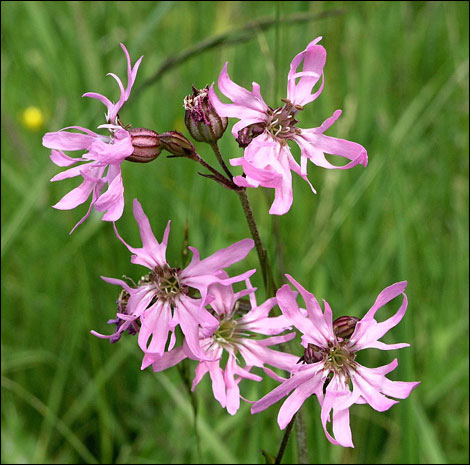This one really wowed me again. Its a page and half in the book, in three sections, separated by * * *. I would love to just share it all w/ you, and I'm not sure why not to do that, since we post whole poems on pffa all the time? Like connect the poem for instance.
But lets start w/ most of the 1st section, most of the first 2 lines are fairly mundane, a question posed of where are we going, what is this dance? familiar themes. JB (in Charon's w/ me) called them placeholder lines, they aren't hugely appealing in themselves, but they build the tension. But he doesn't wait to long to get you hooked, by the end of 2rd line he's smokin. The strong central conceit of human and lover interactions as bees in the hive, the sheer magnitude of what he's conveying: loss, and how it can already be there even as you are w/ someone, already you feel it, the heart of the poem is here:
...Of course
it's all about loss, sweet source, honey
that keeps our busted feelers, crimped
limbs, the useless protecting gestures
of our abdomens. No wind really, just
a sense of things not very well secured
like standing on a dock, the tock, tock.
We've all felt that rocking, that loose
rot, something unhappy in the trees
even in our pleased rumple, legs slung
round another, sluiced with the lovely
other at last known, tasted, naked
as a part of speech. Still there's this
going, going. This gone. A woman I love
has this haunted buzz behind her eyes.
A man I love still rides his wrecked bike.
My phone bills, the part in my hair,
my shirt with the cactuses.
In the 2nd section he mentions some of the mundane dailies of life and the people in his life, and various interactions that he remembers. My favourite parts come at the beginning, he starts w/ a familiar wistfullness I've heard in other poems:
I hate what we do to each other.
In the city you can see the people in cardboard boxes.
In the country you can see the pharmaceutical cows. >>
The encapsulation of pharma cows is magnicifent in its repugnancy. As someone who studied holistic nutrition and found out the ugly nitty gritties of what they do to our food supply, how animals are grossly mistreated an d then fed to us, he just nailed it w/ that short descriptor. This middle strophe is not as strong for me, but again, I believe its again building tension. that deft Dean Young technique of lulling us for a bit until his next wammo. There was the other bit that I could really relate to in here:
...and how we want what everyone wants:
complete devotion and to be left the hell alone.
The ending is dramatic, insightful and vivid w/ startling imagery, we've all seen that guy at the phone, its so easy to picture it.
I know I'm not fooling anyone,
when I say drop dead it means
I fall upon the roses, the traditional
roses. Often just trying to be heard
makes people think you're angry, shaking apart
like a can of screws. Of course
it's all about fear. Last night I watched
a man scream into a pay phone, scream
and whimper and deposit more coins. I've
been him, I've been on the other end
backing off from the uncradled voice
and I've even been the phone, spattered with spit,
close to the furious sea. Didn't they listen
when you told them where you were going?
One day you find yourself unstrung, your stinger
ripped out, inveigled with perfumes. You're standing
on a dock or in a busy field or dragging yourself
through the spilled sugar. Isn't anyone ever going to come?
As he so deftly brought the abstract of loss to life in S1, he brings the abstract, fear, so vividly to life w/ the phone sequence. But he's setting it up w/ the preceding lines of seeming angry trying to be heard. After all, anger is a secondary emotion according to psychology, as fear (or hurt) is usually the underlying and more honest primary emotion. Though he doesn't specifically mention hurt, he doesn't need to, its strongly implied throughout the piece in S1 w/ the concept of loss, which we all know very much hurts, and the end he really brings hurt to life: ripped out stinger, dragging oneself and then the lost and lonely question right at the end. Upon reading it aloud to a poetry fan, he just kept saying, "wow" and asked me to repeat several key lines, and why wound't he. Brilliant, poignant, affecting, I loved it.












